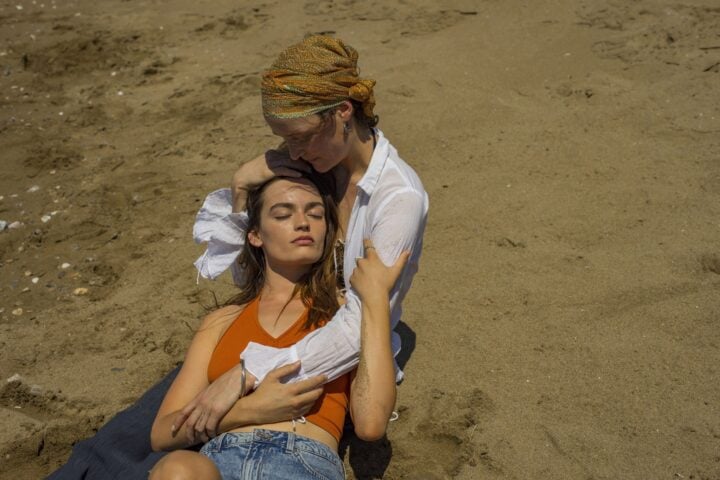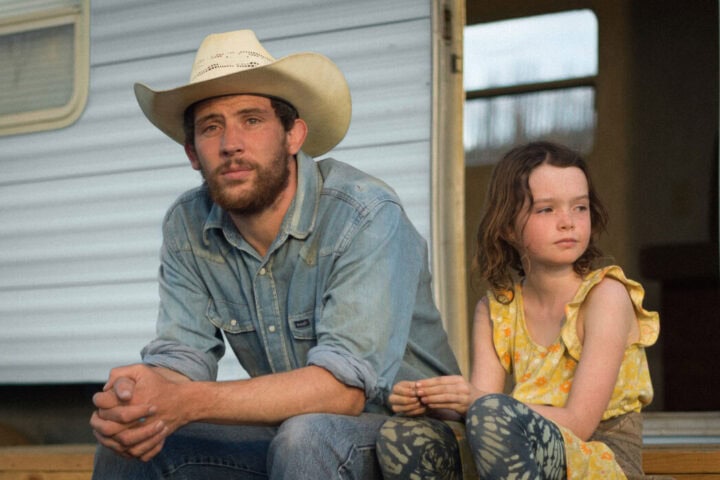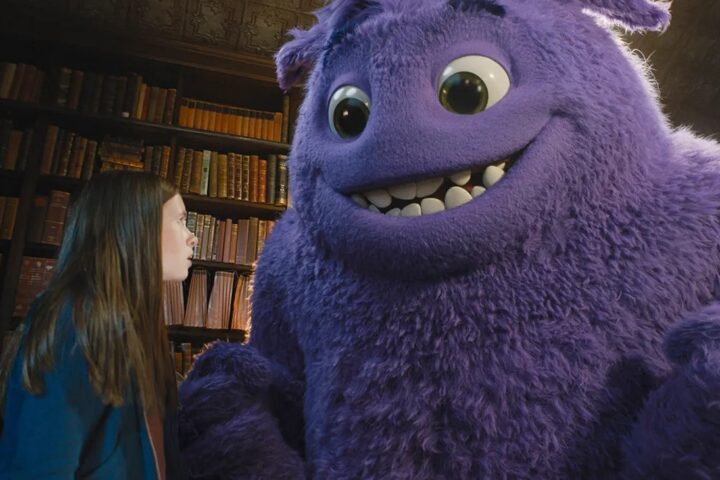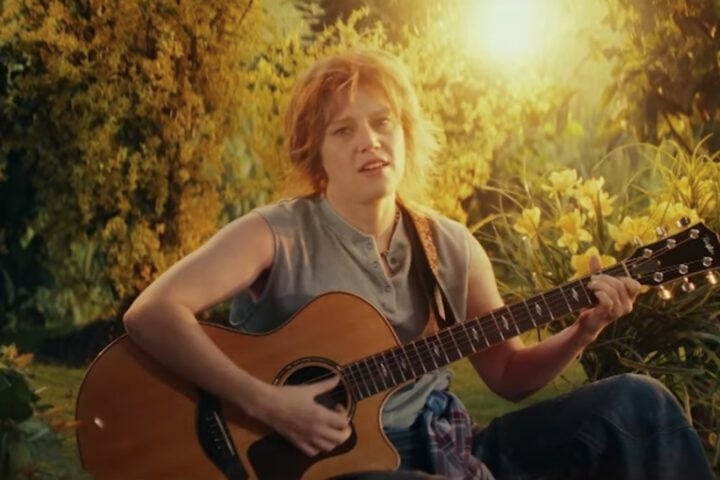Written and directed by Issa López, the fourth season of HBO’s crime anthology series True Detective takes place in Ennis, a remote Alaskan town where the sun never fully rises. This is a place that seems to exist outside of time, like a purgatory at the end of the world, and it’s a perfect setting for the show’s dark and broody brand of ontological mystery.
One of those souls is Ennis police chief Liz Danvers (Jodie Foster), a once promising detective who’s been banished to this remote spot by the powers that be. And it doesn’t take us long to figure out why: Flitting between colleagues and suspects with a “fuck you” smile and a clipped insult, she seldom exits a room without leaving at least one pissed-off person in her wake.
Of course, Danvers’s hostility is a form of self-defense—a way to keep the world from hurting her. In the first season of True Detective, Matthew McConaughey’s Rust Cohle wore his pain in all its heaviness. By contrast, Foster portrays her detective as a light, almost bird-like figure, skittering here and there without giving anyone the chance to get too close.
Life has similarly taught Detective Evangeline Navarro (boxer turned actress Kali Reis) to greet the world with her hands raised. She lost her mother to mental illness and fears that her sister, Julia (Aka Niviâna), might soon go the same way. Navarro is a woman and a person of color working in a system that seldom protects either, and you can feel the latent fury and exhaustion in each of her movements. It’s a mesmerizing performance, as Reis simultaneously conveys the character’s protective outer shell and the vulnerabilities beneath it at all times.
Danvers and Navarro are thrown together after a grisly and bizarre incident at a nearby research lab, where a team of scientists are found frozen together out in the snow, each of them wearing nothing but an expression of excruciating pain. We get an incomplete glimpse of the incident itself in the season’s cold open, a scene that unexpectedly plays out like a horror movie. (Notably, as Danvers inspects the lab, a DVD of John Carpenter’s The Thing is visible.)
Night Country retains many of True Detective’s trappings: the odd-couple detective pairing, the occultist atmosphere, and victims displayed like gruesome artworks. This time, though, the story is told linearly over the course of a single week rather than jumping back and forward in time, and there are no character interviews to serve as a framing device. In spite of its condensed timeline, Night Country explores a wider cast of characters than in past seasons, with many of the supporting figures—like Rose Aguineau (Fiona Shaw), a mysterious older woman who lives on the edge of town—getting almost as much screen time as the central pair.
Like the best seasons of True Detective, Night Country thrives on its ability to exist as both a brisk, thrilling genre piece and a weighty, philosophical drama. Throughout, Danvers chides her colleagues about “asking the right questions,” and, indeed, in between the shootouts, foot chases, and “eureka” moments, Night Country finds plenty of time for its characters to ruminate over beer and cigarettes about the meaning of it all.
Since 2001, we've brought you uncompromising, candid takes on the world of film, music, television, video games, theater, and more. Independently owned and operated publications like Slant have been hit hard in recent years, but we’re committed to keeping our content free and accessible—meaning no paywalls or fees.
If you like what we do, please consider subscribing to our Patreon or making a donation.





